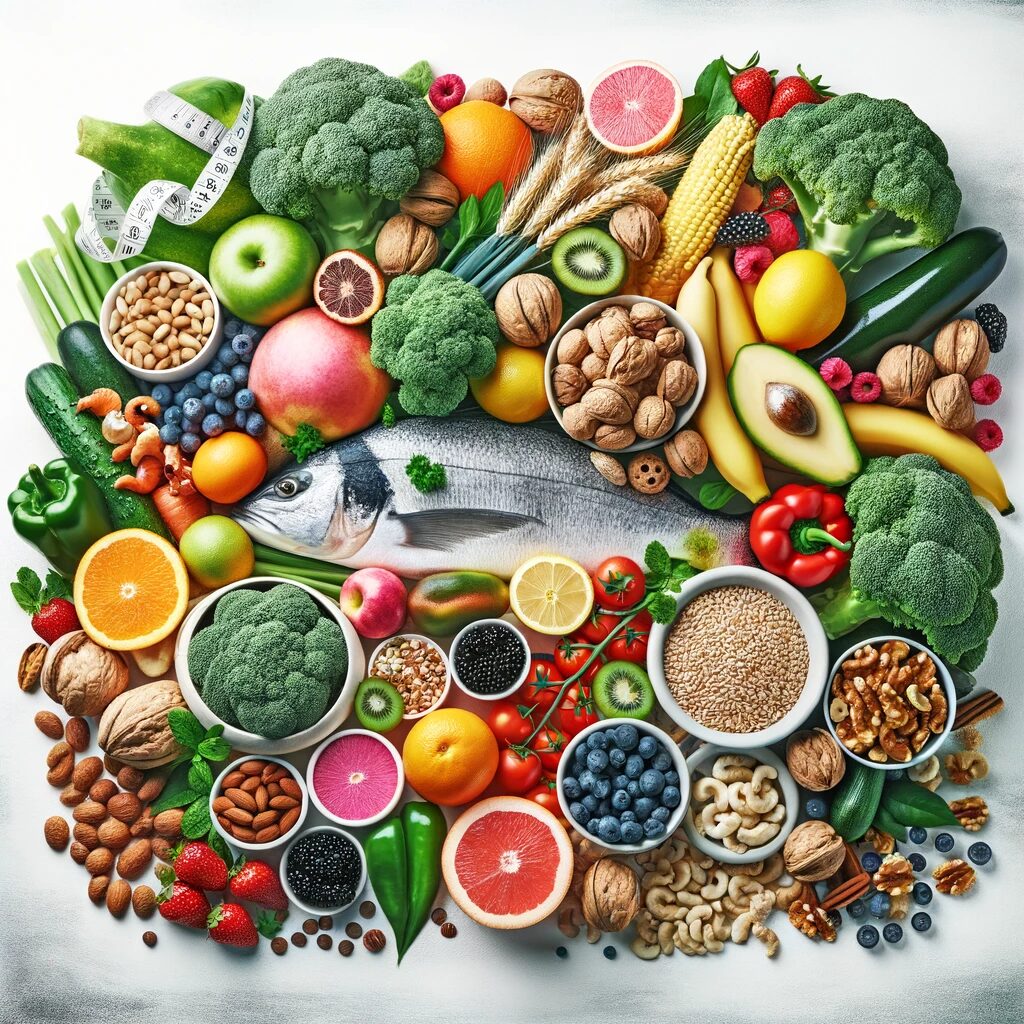The relationship between diet and cancer risk is a crucial area of research. Understanding how nutrition affects cancer development can guide us in making dietary choices that potentially reduce cancer risk. This post delves into the specifics of how certain foods and dietary patterns can play a role in cancer prevention.

Antioxidants and Cancer Prevention: Foods rich in antioxidants can protect cells from damage that leads to cancer. Berries, nuts, dark green leafy vegetables, and beans are excellent sources of antioxidants. These substances neutralize free radicals, molecules that can damage cells and contribute to cancer development.
Role of Fiber in Reducing Cancer Risk: A high-fiber diet is associated with a lower risk of colorectal cancer. Fiber helps move waste through the digestive system and may help prevent harmful substances in food from affecting the colon. Whole grains, fruits, vegetables, and legumes are high in fiber.
Limiting Processed and Red Meat: Studies have linked high consumption of red and processed meats to an increased risk of colorectal and other types of cancer. Limiting intake of these meats and opting for leaner protein sources like poultry, fish, and plant-based proteins can be beneficial.
Healthy Fats and Cancer: Omega-3 fatty acids, found in fatty fish like salmon, mackerel, and sardines, have been shown to potentially reduce the risk of certain cancers. Incorporating these healthy fats into your diet, while reducing the intake of saturated and trans fats, is advisable.
Role of Fruits and Vegetables: A diet rich in fruits and vegetables has been consistently linked to a lower risk of various types of cancer. These foods are high in nutrients and low in calories, making them an essential part of a cancer-preventive diet.
Alcohol Consumption and Cancer Risk: Excessive alcohol consumption is a known risk factor for several types of cancer. Limiting alcohol intake or avoiding it altogether can contribute to cancer prevention.
Antioxidants and Cancer Prevention: Foods rich in antioxidants can protect cells from damage that leads to cancer. Berries, nuts, dark green leafy vegetables, and beans are excellent sources of antioxidants. These substances neutralize free radicals, molecules that can damage cells and contribute to cancer development.
Role of Fiber in Reducing Cancer Risk: A high-fiber diet is associated with a lower risk of colorectal cancer. Fiber helps move waste through the digestive system and may help prevent harmful substances in food from affecting the colon. Whole grains, fruits, vegetables, and legumes are high in fiber.
Limiting Processed and Red Meat: Studies have linked high consumption of red and processed meats to an increased risk of colorectal and other types of cancer. Limiting intake of these meats and opting for leaner protein sources like poultry, fish, and plant-based proteins can be beneficial.
Healthy Fats and Cancer: Omega-3 fatty acids, found in fatty fish like salmon, mackerel, and sardines, have been shown to potentially reduce the risk of certain cancers. Incorporating these healthy fats into your diet, while reducing the intake of saturated and trans fats, is advisable.
Role of Fruits and Vegetables: A diet rich in fruits and vegetables has been consistently linked to a lower risk of various types of cancer. These foods are high in nutrients and low in calories, making them an essential part of a cancer-preventive diet.
Alcohol Consumption and Cancer Risk: Excessive alcohol consumption is a known risk factor for several types of cancer. Limiting alcohol intake or avoiding it altogether can contribute to cancer prevention.
Conclusion: While no single food or diet can prevent cancer, a pattern of healthy eating can make a significant difference. A diet rich in fruits, vegetables, whole grains, healthy fats, and lean proteins, combined with regular physical activity and avoiding tobacco and excess alcohol, can help lower the risk of developing cancer.